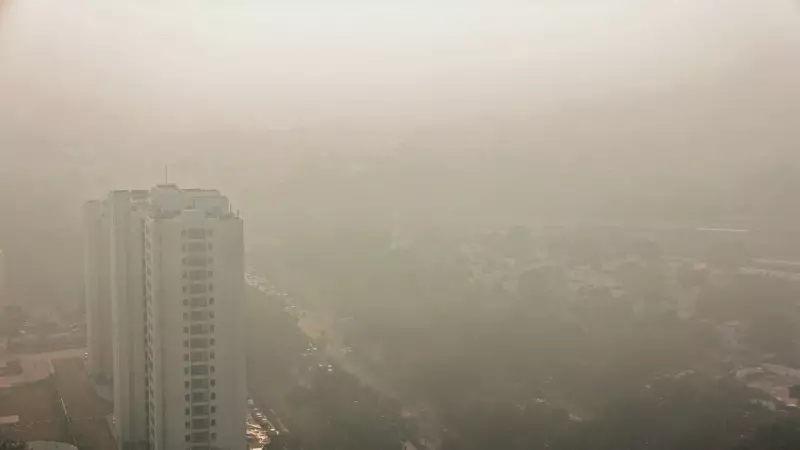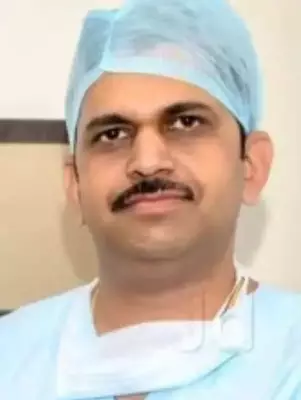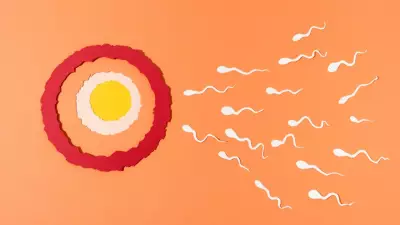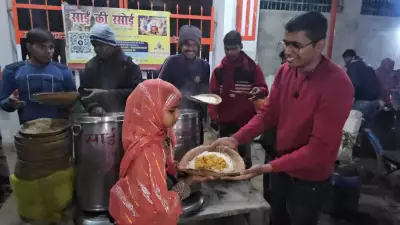
In a significant move to protect children's health during peak pollution season, India's highest courts have intervened to reschedule sports activities across the National Capital Region. The Supreme Court and Delhi High Court both expressed grave concerns on Wednesday about children being forced to participate in outdoor sports when air quality deteriorates to hazardous levels.
Courts Compare Pollution to 'Gas Chamber' for Children
The Supreme Court bench led by Chief Justice of India B R Gavai and Justice K Vinod Chandran delivered a strong message about the dangers of exposing schoolchildren to polluted air during sports activities. The court accepted submissions from amicus curiae Senior Advocate Aparajita Singh who argued that making children participate in outdoor sports during peak pollution months effectively placed them in a "gas chamber".
"We therefore request the CAQM to take into consideration this aspect of the matter and issue necessary directions to the concerned states so that the sports competition activities could be shifted to safer months," the Supreme Court bench ordered. The court specifically highlighted that most schools schedule their sports competitions in November and December, which coincides with the worst air quality period in Delhi-NCR.
Immediate Action by Pollution Watchdog
Responding swiftly to the Supreme Court's observations, the Commission for Air Quality Management (CAQM) convened an emergency meeting with representatives from the central Ministry of Education, NCR state governments, Sports Authority of India, and State Pollution Control Boards. Within hours of the court hearing, the pollution watchdog issued directives to state governments in the region.
The CAQM wrote to the governments of Delhi, Haryana, Rajasthan, and Uttar Pradesh asking them to take "immediate and appropriate action" to ensure that all physical sports competitions scheduled for November and December are postponed. The directive specifically cited the prevailing air quality trends in areas where such events are planned.
Delhi High Court Criticizes Government Inaction
Parallel proceedings in the Delhi High Court saw Justice Sachin Datta delivering sharp criticism of the Delhi government's approach to the issue. The court was hearing a petition filed by 11 schoolchildren who argued that scheduling sports tournaments during hazardous air quality periods forces them to choose "between their fundamental right to life and education."
Justice Datta orally remarked that the Delhi government was "shirking its responsibility" by allowing sports activities between November and January. When government counsel Sameer Vashisht suggested that summers are extremely hot for sports activities, the judge responded pointedly: "They cannot be deprived of damage to lungs, is it?"
The High Court issued notices and sought status reports from the Delhi government, the Directorate of Education, and the School Games Federation of India (SGFI). The court specifically asked how the school sporting calendar for the upcoming year can be adjusted to avoid pollution peaks.
Broader Implications and Worker Welfare
The Supreme Court also addressed another critical issue affecting vulnerable populations during pollution control measures. The bench took note of construction workers who have been out of work for a week due to the implementation of Graded Response Action Plan (GRAP) measures but have not received subsistence allowances.
The court directed all NCR states to provide information about payment of subsistence allowance to affected workers by the next hearing date. This highlights the broader social impact of air pollution control measures on daily wage earners and the need for comprehensive support systems.
The coordinated judicial intervention represents a significant step toward prioritizing public health, particularly children's wellbeing, during Delhi's annual air quality crisis. The directives aim to balance educational and sporting opportunities with fundamental health protections during periods of extreme environmental hazard.





